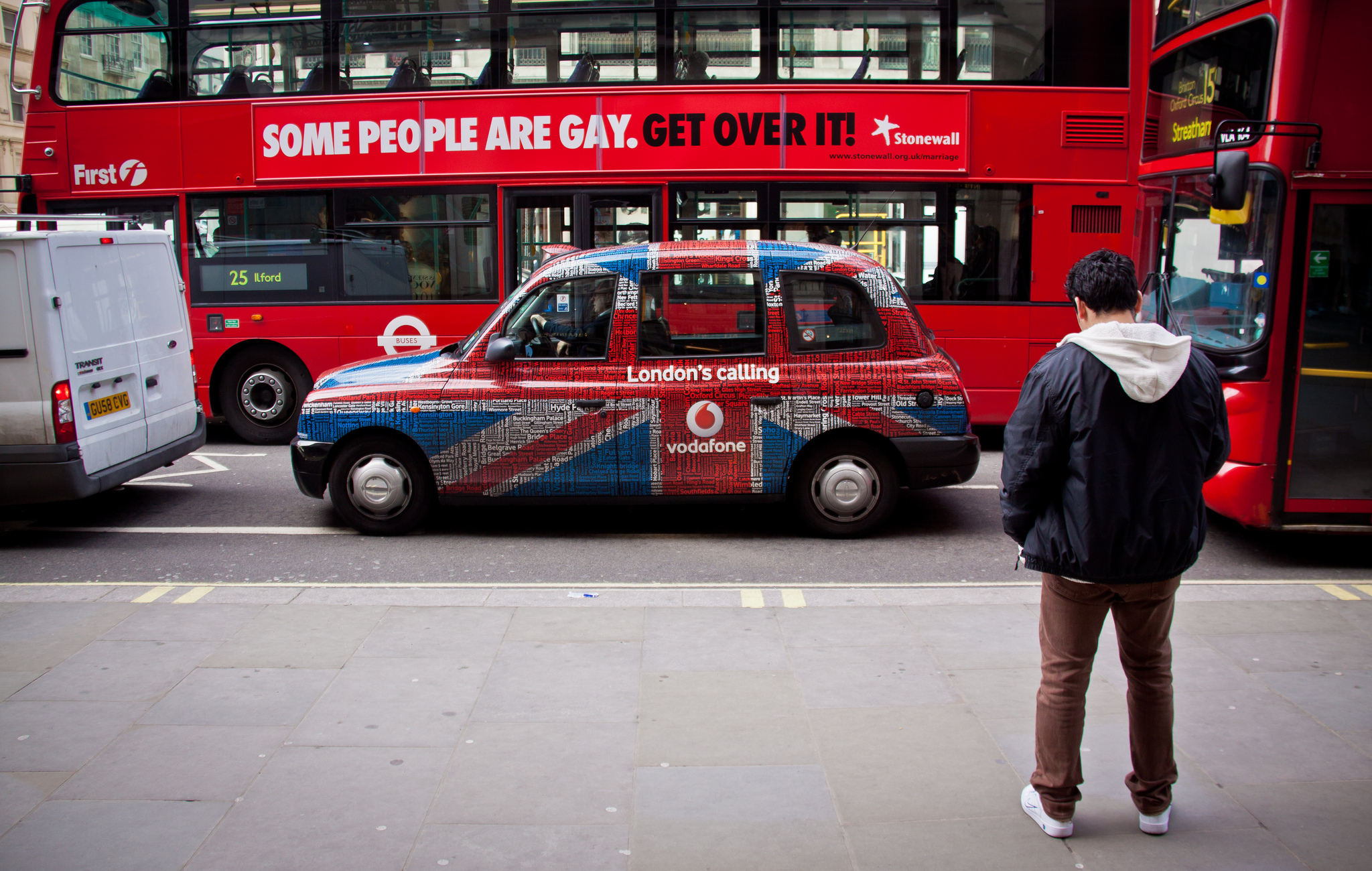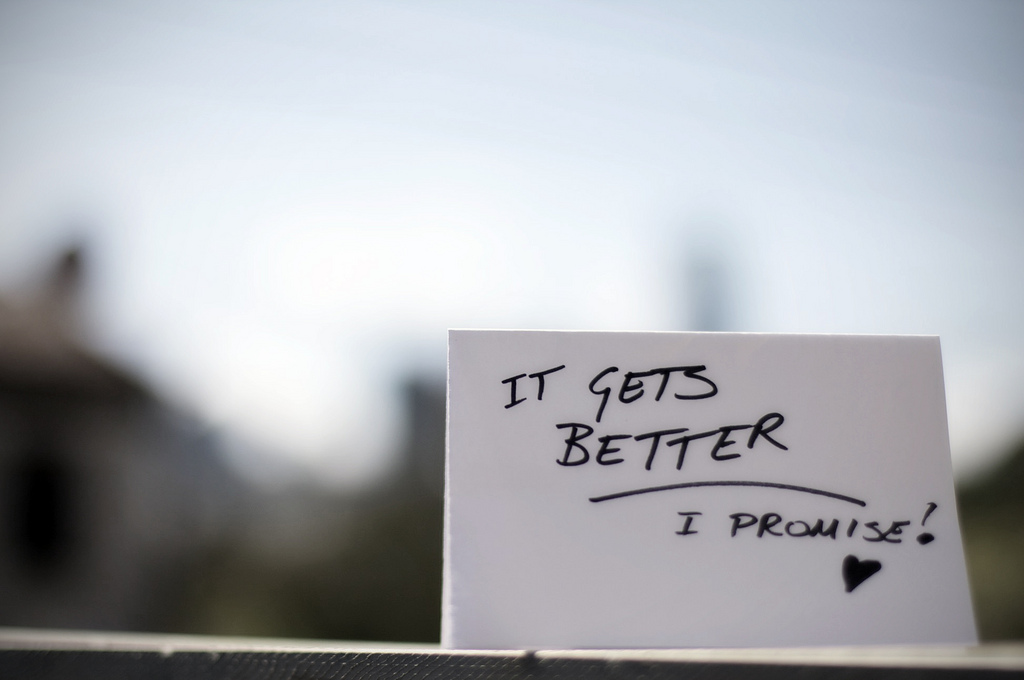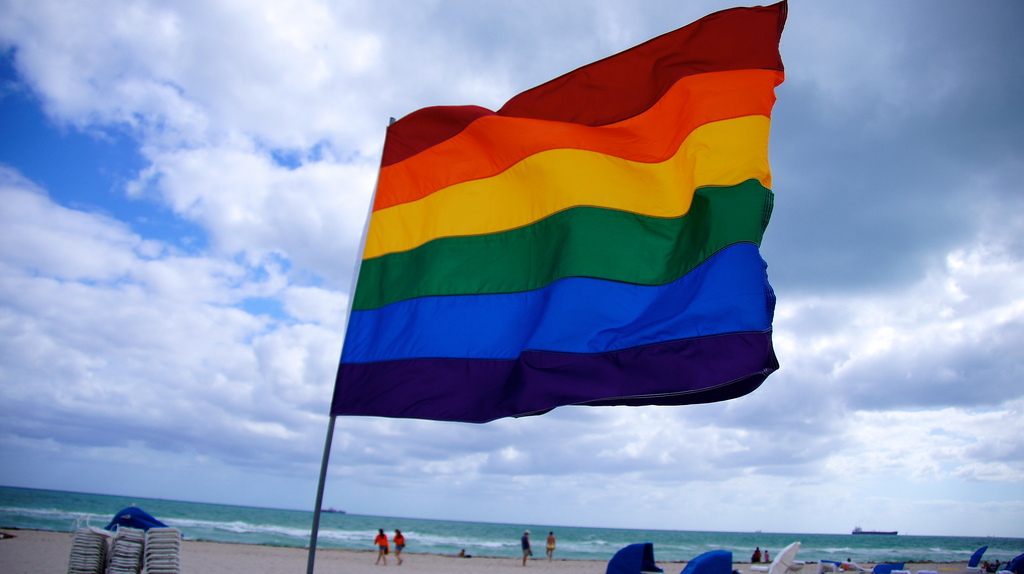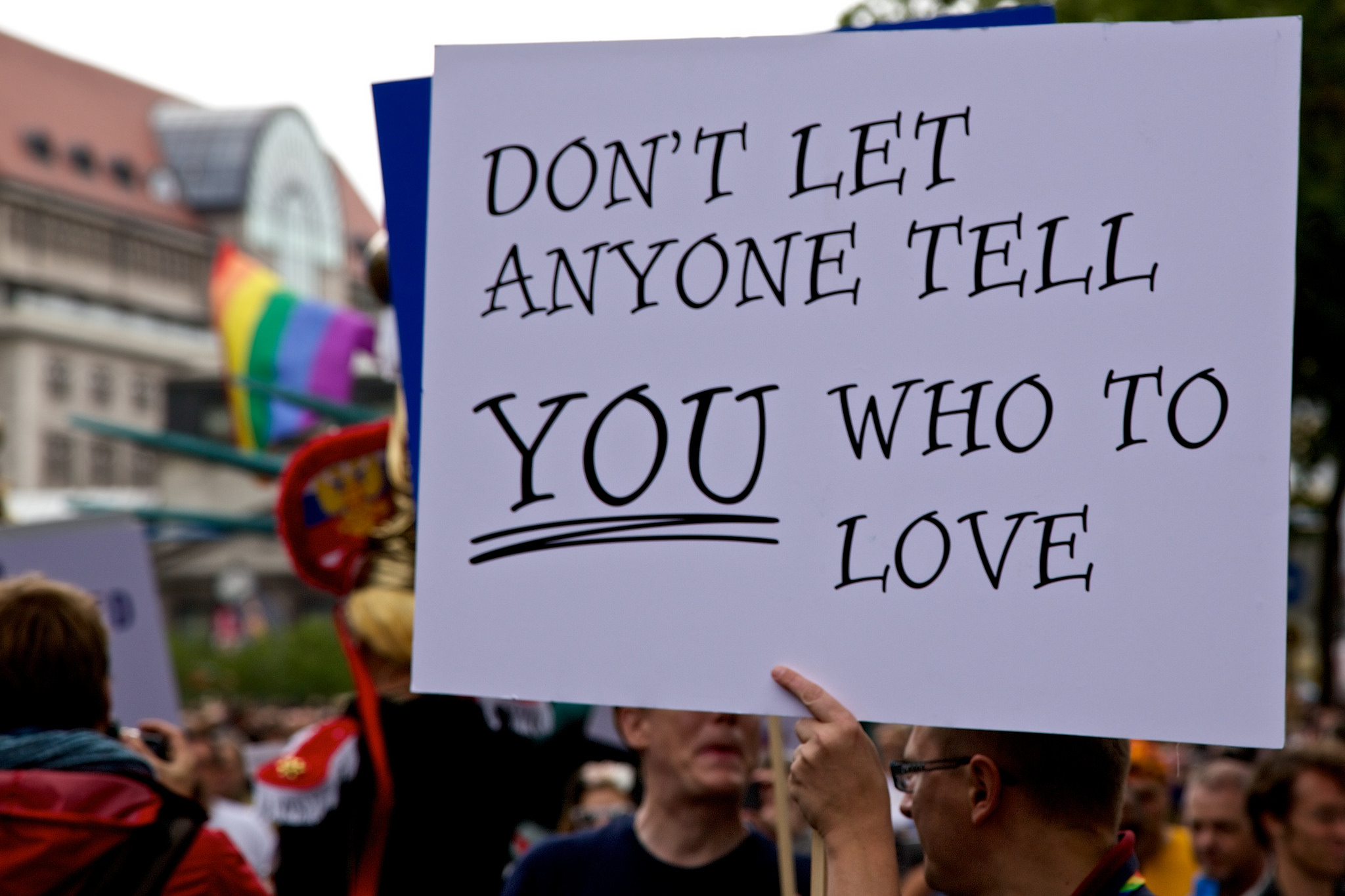2.9 billion people still live under laws which criminalise same-sex relationships. That’s nearly half of the world’s population.
In this article, we remind ourselves why we need to uphold the human rights of lesbian, gay, bisexual and transgender (LGBT) people and combat homophobic discrimination around the world.
(This article mainly focuses on sexual orientation discrimination. For more information on how human rights have helped transgender people, take a look at our posts here and here.)
How have we done at home?

We’ve come a long way since Henry VIII passed a law making male homosexual activity punishable by death. In 1835 the last two men were hanged for this, but prosecutions continued. It was not until 1967 that the law was changed in England and Wales to decriminalise consensual homosexual acts taking place in private between men over 21 years old. (Lesbianism has never been criminalised.)
Throughout the 1900s, many gay people were subjected to violent hate crime and other forms of discrimination. A notable example is the persecution of war-time code-breaker Alan Turing, who was prosecuted in 1952 for ‘gross indecency’ and given a choice between imprisonment or hormonal treatment to ‘reduce’ his homosexuality. Turing chose hormone treatment. An inquest later found that he had committed suicide. In 2009, British Prime Minister Gordon Brown made an official public apology for “the appalling way he was treated”. In 2013, Queen Elizabeth II granted Turing a posthumous pardon.
The growing influence of human rights underpinned several changes in the law. In 1981, the European Court of Human Rights declared that Northern Ireland’s criminalisation of homosexual acts between consenting adult males violated the right to respect for private life. As a result, the law was changed.
But this growing trend didn’t prevent Margaret Thatcher’s government passing ‘Section 28‘ in 1988, which banned schools from ‘promoting’ homosexuality. Section 28 was repealed in 2003. Current Prime Minister David Cameron has since admitted that voting to keep Section 28 was a mistake and has apologised for the policy, acknowledging that it was offensive.
What’s happening now?

Recently there have been several significant advances in equality, including the equal right to adopt, protections against sexual orientation discrimination in the workplace, access to civil partnerships and same-sex marriage.
Despite these advances, the need to address homophobia remains urgent:
- Between 2010 and 2013, one in six lesbian, gay and bisexual people was the victim of homophobic hate crime.
- A National Union of Students survey revealed that one in five lesbian, gay and bisexual students experienced bullying or harassment at university.
- Lesbian, gay and bisexual people are twice as likely as heterosexual people to have suicidal thoughts or to make suicide attempts.
- Homophobia remains a real issue in certain professions. It has been identified as one of the most prevalent forms of discrimination in sport.
- Prominent UK-based gay rights organisation Stonewall has reported worrying attitudes to homosexuality in health and social care services, as well as significant levels of homophobic bullying in UK primary and secondary schools.
What about outside the UK?

Over 70 countries continue to criminalise homosexual activities, and five of these counties carry the death penalty.
Our domestic courts have the power to stop people being deported to countries where they would live in fear because of their sexual orientation. A bisexual man, Orashia Edwards, feared he would be killed if he were deported to his home country of Jamaica. Sexual activity between men is a criminal offence in Jamaica, punishable by up to 10 years imprisonment. In 2014, Human Rights Watch reported that LGBT people were subject to “unchecked violence” in Jamaica. Orashia was permitted to stay in the UK after a three-and-a-half year legal battle with the Home Office.
Nonetheless, the UK regularly returns LGBT asylum seekers to their country of origin. In some cases, this can have devastating consequences. Jackie Nanyonjo was persecuted in Uganda for being a lesbian. She sought asylum in Britain but was forcibly deported in January 2013. Ugandan authorities held Jackie for many hours, despite the fact that she was in pain and vomiting blood. Jackie went into hiding for fear that she had been exposed as a lesbian. Without medical attention, Jackie’s health deteriorated, and she died on 8 March 2013.
It’s a shocking picture. And it shows the importance of human rights in combatting homophobia both at home and abroad. The fight goes on.
Take a look at our explainers on how human rights have overturned homophobic laws and promoted equality. Learn about the prohibition on discrimination and the right to private and family life by clicking the links in this paragraph.






